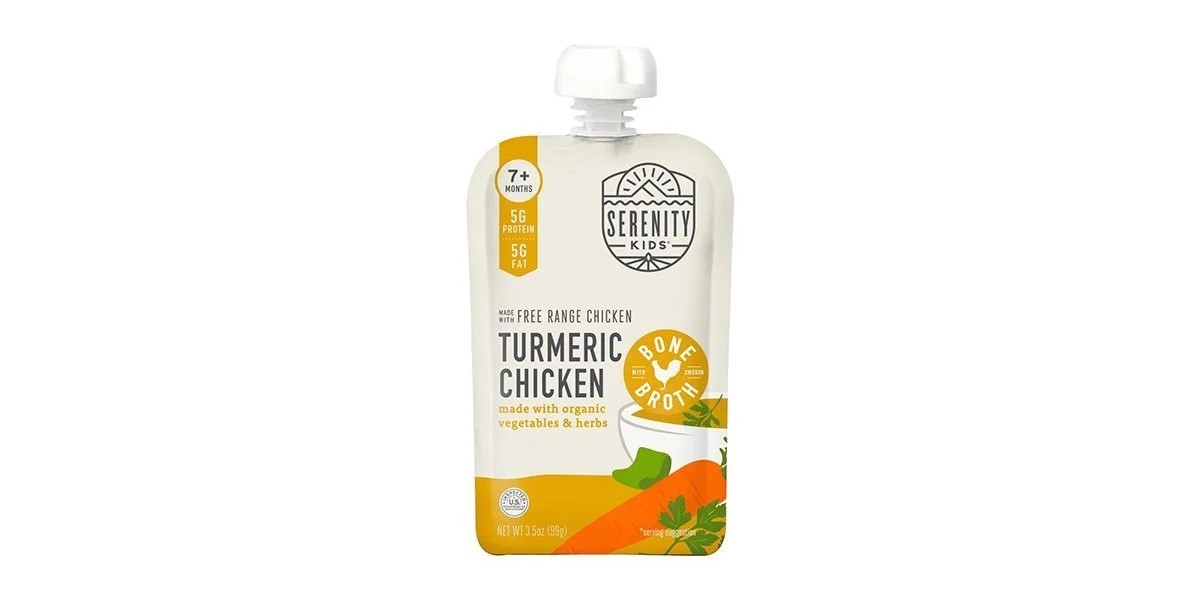In today’s health-conscious world, more people are becoming aware of the impact that certain ingredients have on their well-being. Among these ingredients, seed oils have come under increased scrutiny. Choosing seed oil free foods is a growing trend for those who want to improve their health and make smarter snack choices. But why does avoiding seed oils matter, and how can seed oil free snacks contribute to a healthier lifestyle? Let’s explore the reasons behind this shift and the benefits of embracing seed oil free foods.
The Inflammatory Effects of Seed Oils Explained
Seed oils, such as soybean, corn, sunflower, and canola oils, are commonly found in many processed foods and snacks. These oils are extracted through industrial processes and often undergo heavy refining, which can strip them of nutrients and introduce harmful chemicals. But the most concerning aspect is their high content of omega-6 fatty acids.
While omega-6 fatty acids are essential in small amounts, excessive consumption can lead to an imbalance between omega-6 and omega-3 fatty acids in the body. This imbalance is linked to chronic inflammation, which is a root cause of many health issues including heart disease, arthritis, and other inflammatory conditions.
Choosing seed oil free foods means avoiding these inflammatory fats. By removing seed oils from your diet, you can reduce your body’s inflammatory response and promote better overall health. It’s a simple yet powerful change that many people have found beneficial, especially when paired with a balanced diet.
How Seed Oil Free Snacks Support Your Immune System
The immune system plays a vital role in defending the body against infections and illnesses. Chronic inflammation caused by seed oils can impair immune function and make the body more vulnerable to disease. This is why incorporating seed oil free snacks into your diet is more than just a preference—it’s a strategic choice to support your immune health.
Seed oil free snacks are typically made with healthier fats like olive oil, avocado oil, or coconut oil, which have been shown to have anti-inflammatory and immune-supporting properties. These fats help regulate the immune response and maintain the integrity of cell membranes, which is crucial for proper immune cell function.
Moreover, many seed oil free products are made with whole-food ingredients rich in vitamins, minerals, and antioxidants. These nutrients work synergistically to strengthen the immune system, helping your body respond effectively to stress and infection.
Nutritional Benefits of Seed Oil Free Ingredients
One of the biggest advantages of selecting seed oil free foods is the quality of ingredients. When seed oils are excluded, manufacturers tend to use higher-quality oils and wholesome ingredients that offer superior nutritional profiles. This not only reduces harmful fats but also boosts the overall health benefits of the food.
For example, many seed oil free snacks use oils like extra virgin olive oil or avocado oil, which contain heart-healthy monounsaturated fats and antioxidants. These oils support cardiovascular health, help lower bad cholesterol, and provide anti-inflammatory effects.
In addition, seed oil free products often emphasize minimally processed ingredients, avoiding artificial additives and preservatives. This results in foods that are closer to their natural state, preserving vitamins, minerals, and fiber that are essential for digestion, energy, and metabolic health.
By choosing seed oil free options, you’re fueling your body with nourishing foods that promote vitality, reduce oxidative stress, and support long-term wellness.
Finding Seed Oil Free Options: A Shopper’s Checklist
Navigating grocery aisles or online marketplaces for seed oil free foods can be overwhelming, especially since many products don’t clearly highlight the absence of seed oils. To make your shopping easier and more effective, here’s a checklist to help you find quality seed oil free snacks and foods:
Read Ingredient Labels Carefully: Look for specific seed oils like soybean, corn, canola, sunflower, safflower, and cottonseed oils. If any of these appear, the product is not seed oil free.
Look for Clear Seed Oil Free Claims: Many products now proudly label themselves as seed oil free. These labels can be a quick way to identify suitable choices.
Choose Products with Healthy Oils: Seek snacks made with olive oil, avocado oil, coconut oil, or butter. These are healthier alternatives that enhance the nutritional value of the food.
Prioritize Whole Foods: Select items made from whole grains, nuts, seeds (other than seed oils), and natural ingredients without artificial fillers.
Explore Trusted Seed Oil Free Platforms: Use specialized websites that curate seed oil free products, making it easier to find snacks and foods that align with your health goals.
Avoid Highly Processed Snacks: Many ultra-processed foods use seed oils due to cost and shelf-life advantages. Opt for less processed snacks with simpler ingredient lists.
By following these tips, you can confidently fill your pantry with seed oil free options that nourish your body and taste great.
Conclusion
Choosing seed oil free foods is more than just a dietary trend—it’s a meaningful step toward reducing inflammation, supporting your immune system, and improving your overall nutritional intake. Seed oils found in many conventional snacks and processed foods can contribute to chronic health issues, but by opting for seed oil free alternatives, you can protect your body and feel better.
Whether you’re searching for tasty seed oil free snacks, wholesome breads, dressings, or baby formulas, a growing number of options are available that prioritize quality ingredients and health benefits. Use the shopper’s checklist to guide your choices and make smarter decisions for yourself and your family.






